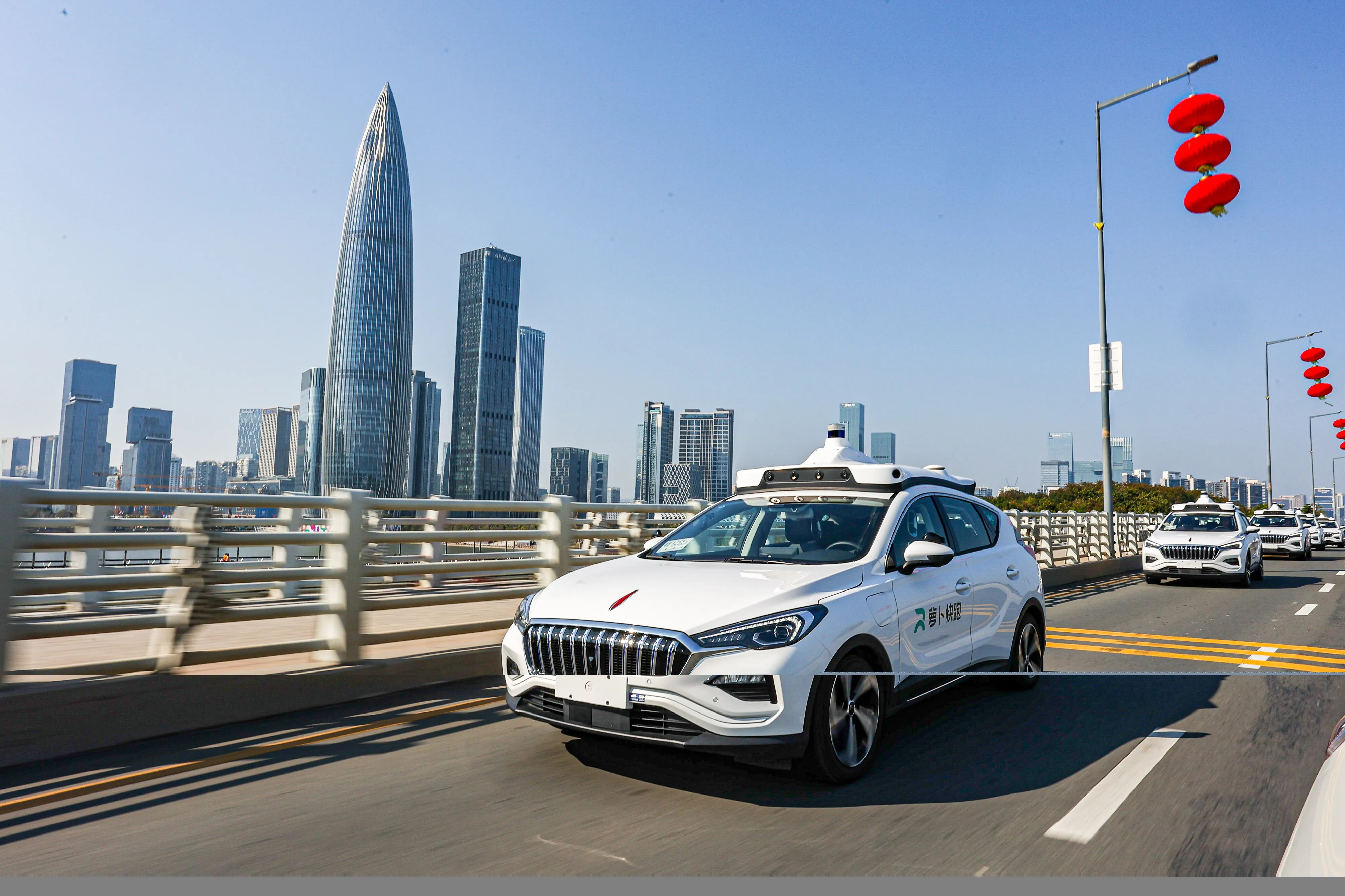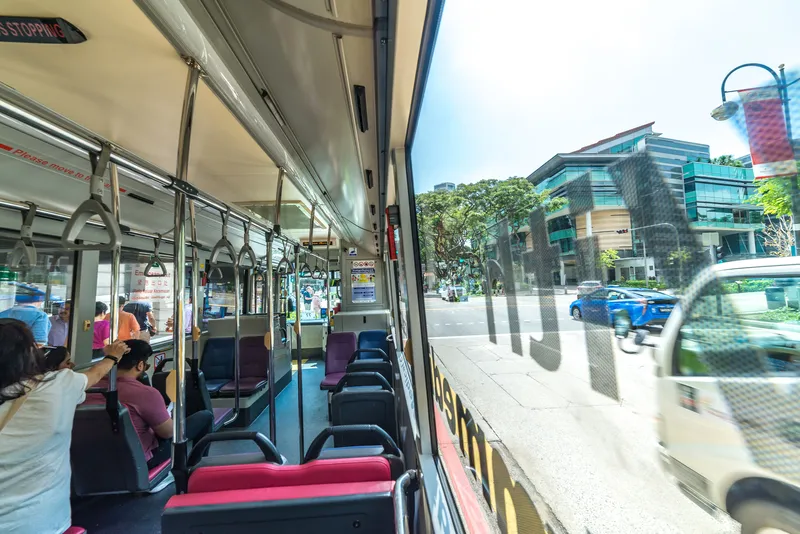
Baidu Apollo has expanded its autonomous robotaxi service to commuters in Shenzhen’s Nanshan District in China.
The introduction of the Apollo Go service in the city of Shenzen follows previous deployments in Beijing, Shanghai, Guangzhou, Chongqing, Changsha, and Cangzhou.
Baidu says Shenzhen’s Nanshan District is home to top technology companies including Tencent and Huawei, is one of the most densely populated areas in south China.
According to Baidu, the district has a favourable policy environment and a strong road network, providing optimal conditions for the rapid implementation of robotaxi services.
Users will be able to hail a robotaxi via the Apollo Go app at approximately 50 stations from 9.00 am to 5.00 pm. Services will be centred around key downtown spots such as Shenzhen Talent Park, covering surrounding residential areas, commercial areas, entertainment and cultural areas and other high-frequency transport destinations. The service area is set to expand to more than 300 stations by the end of 2022.
The company plans to expand Apollo Go operations into 65 cities across China by 2025 and 100 cities by 2030.









